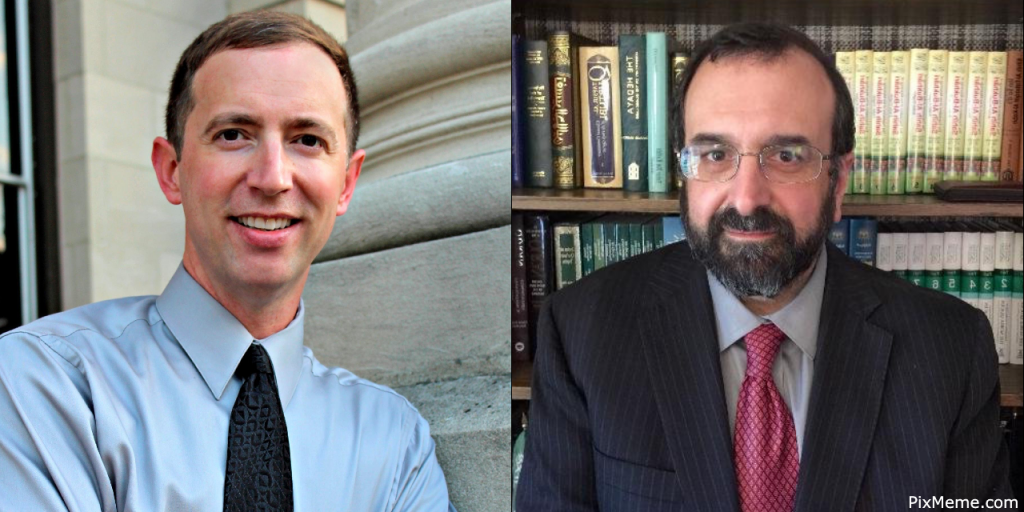Editorial: Two speakers of opposing ideologies is an effort with little result
By Jessica Greenman, Contributing Writer
My fellow Gettysburgians,
No matter where you fall on the political spectrum, prepare to be offended. Sorry in advance.
This week, two speakers of opposing ideologies will visit campus. Even with the best of intentions, I suspect little will come of this effort to respect both sides of a highly complex and highly polarized issue.
My first instinct is to attend both lectures, and determine who is “right”. However, I already know the answer to that—Neither, and both.
The intersecting issues of terrorism and Islamophobia are too complex to address from the perspective of either political extreme. To attempt to do so is to deny ourselves the ability to think critically about the issues and react to them responsibly. There will be truth and fallacy in both of these presentations. Those who align with the views of one speaker or the other will use that truth to justify their positions, and the fallacy to justify their disdain for the other. We will sit in Servo and tell our friends all about how wonderfully intelligent and persuasive one speaker was, while the other was a coward and a fool, and then we will all go to bed and sleep soundly knowing that we have done the responsible thing by considering both sides, all the while deepening the polarities which made these speakers controversial in the first place.
This in itself saddens me immeasurably, but I am even more deeply disturbed by the security measures that the College has deemed necessary for these presentations. What has happened to our community that our administration fears we will try to harm each other over a political difference? I have only been a Gettysburgian for a short time, but I know that this is not who we are. Not as a college, and not as a country. There is a problem here, and it has little to do with Islam, no matter which speaker’s point of view you prefer. The problem is ours and ours alone to correct, and that cannot be done with a political debate.
I don’t have a solution—I expect no one person does. However, if I may, I would like to offer a small way in which we might begin to acknowledge the problem.
Find someone whose views are opposite yours. I guarantee you that there is at least one such person in your life who you respect, be it a family member, a classmate, or a floor mate. Sit down and talk with them—don’t get into an argument, don’t try to convince them of your perspective. Just listen. Say “okay”. Say “I see”. Say “I never thought of it that way”. Say “I’m sorry that happened to you”. If you don’t understand, ask them to explain themselves. If asked, offer your story. Quietly and non-confrontationally.
When you are convinced that your peer has told you the truth about the world as they understand it, internalize it. Make that truth your own, even if only for a short time. As you conduct your daily business, ask yourself what your day would look like through that person’s eyes.
Then, slip back to your own perspective. Was that person right about something? Did you perhaps incorrectly judge or misinterpret one of their positions? Did some of the friction between the two of you come from them misunderstanding yours?
Contact with the ever-villainous “other side” makes it difficult to belong to either one. It’s uncomfortable and confusing. American identity is built on the idea of winners and losers. We deplore ambiguity. However, human nature rarely indulges our desire for simplicity.
Let us not deny ambiguity. Let us not dismiss complexity. Let us demonstrate that we have the maturity to hear ideas antithetical to our own. Let us prove to ourselves, our peers, and the wider community that we need not fear one another.
I have abstained from most political discussion ever since the election, but I can be silent no longer. We need to address our polarity before it harms our community even further.
I don’t know if this makes me a centrist, or something else entirely. I don’t know what to do about terrorism and Islamophobia. I do know that something has to change in the way we talk politics. I don’t like what we have become.
Editor’s Note: An earlier version of this story incorrectly credited Luke Frigon as the author. The correct author is Jessica Greenman.

